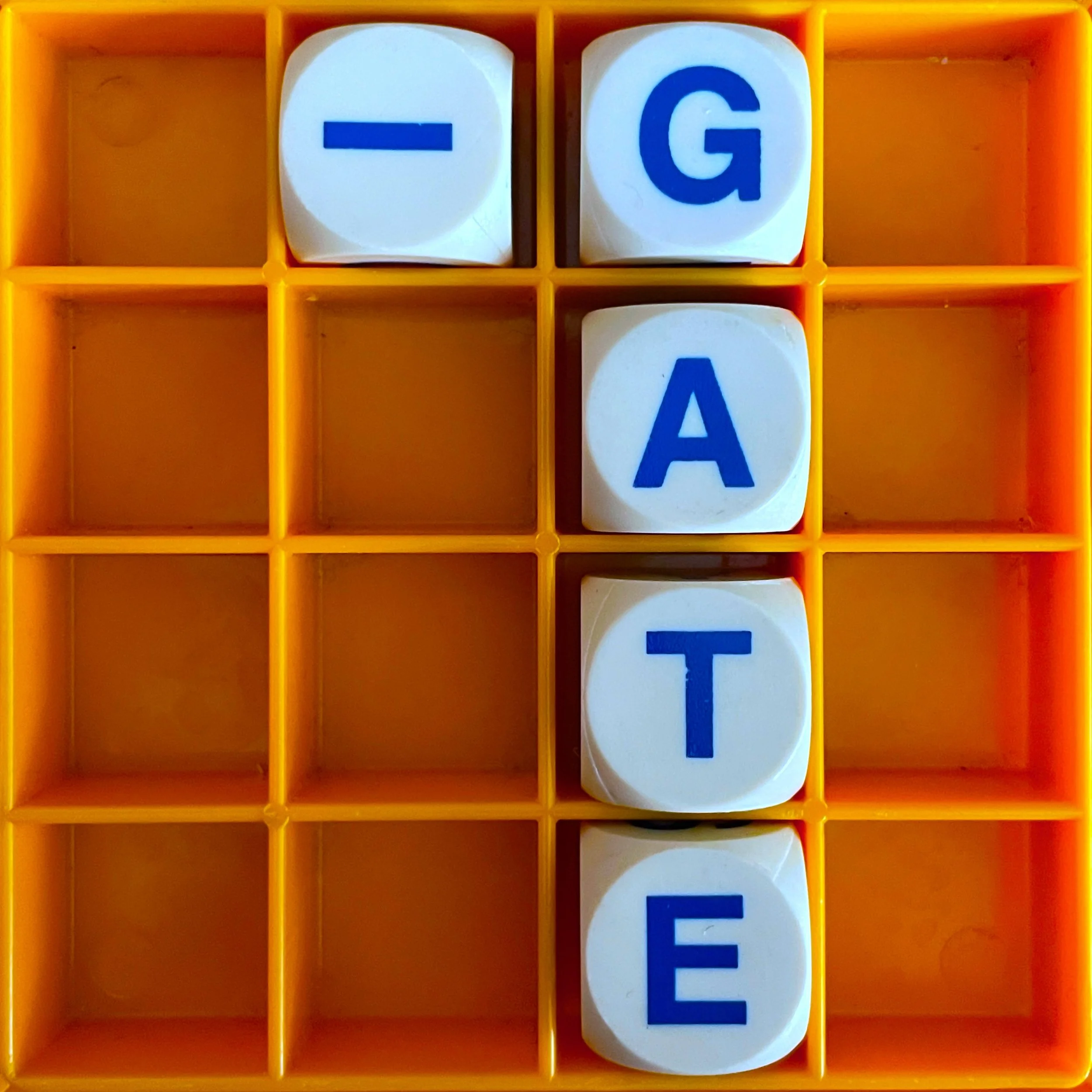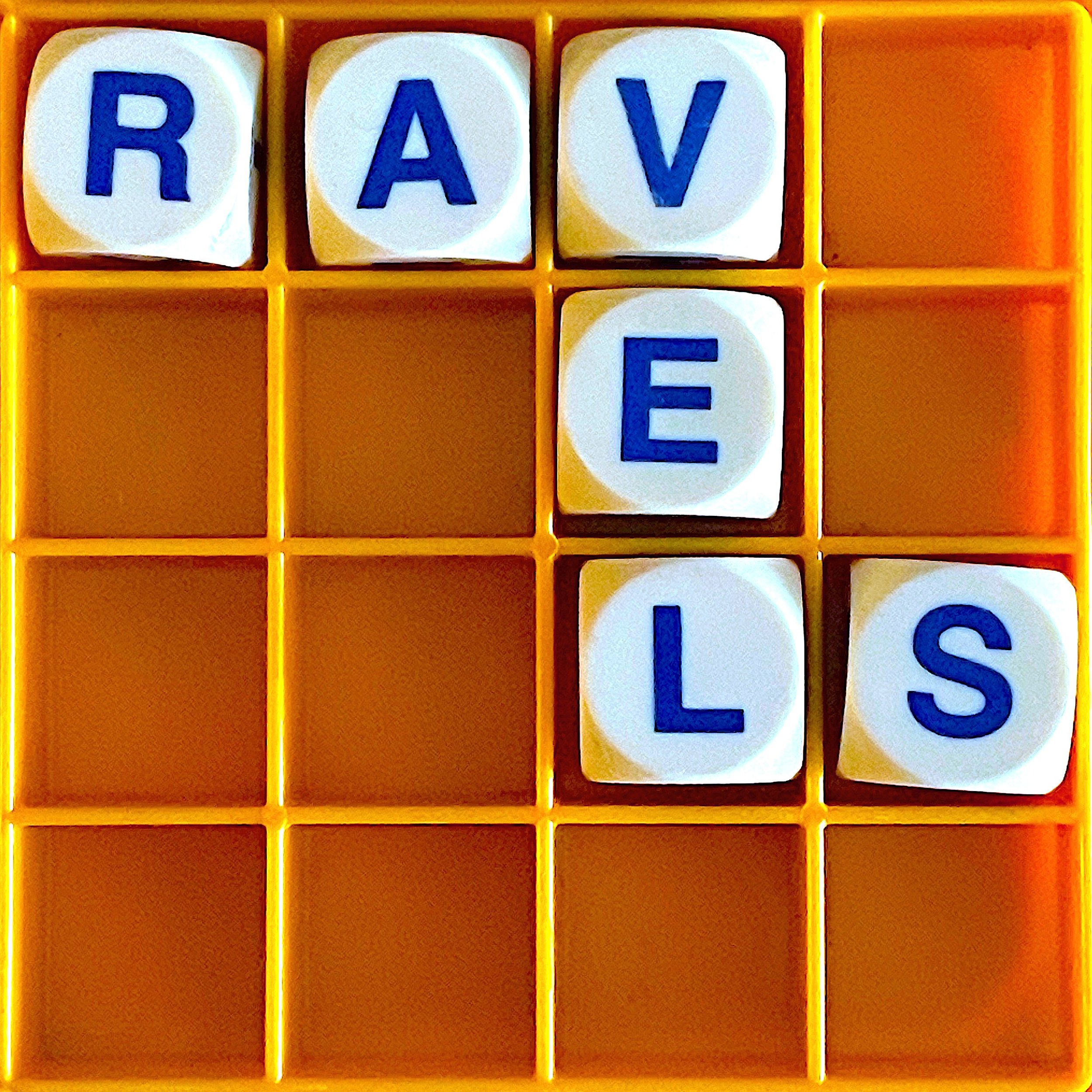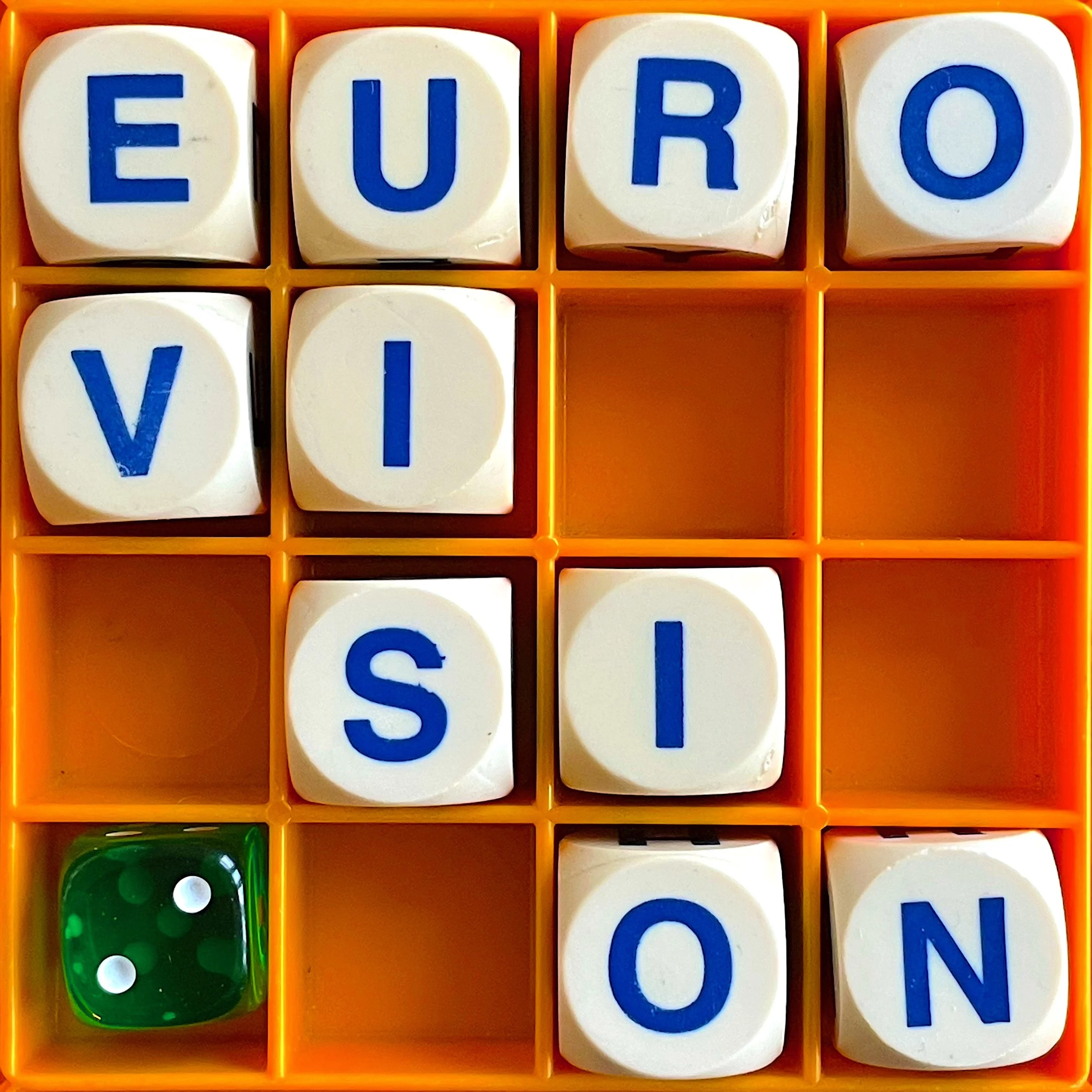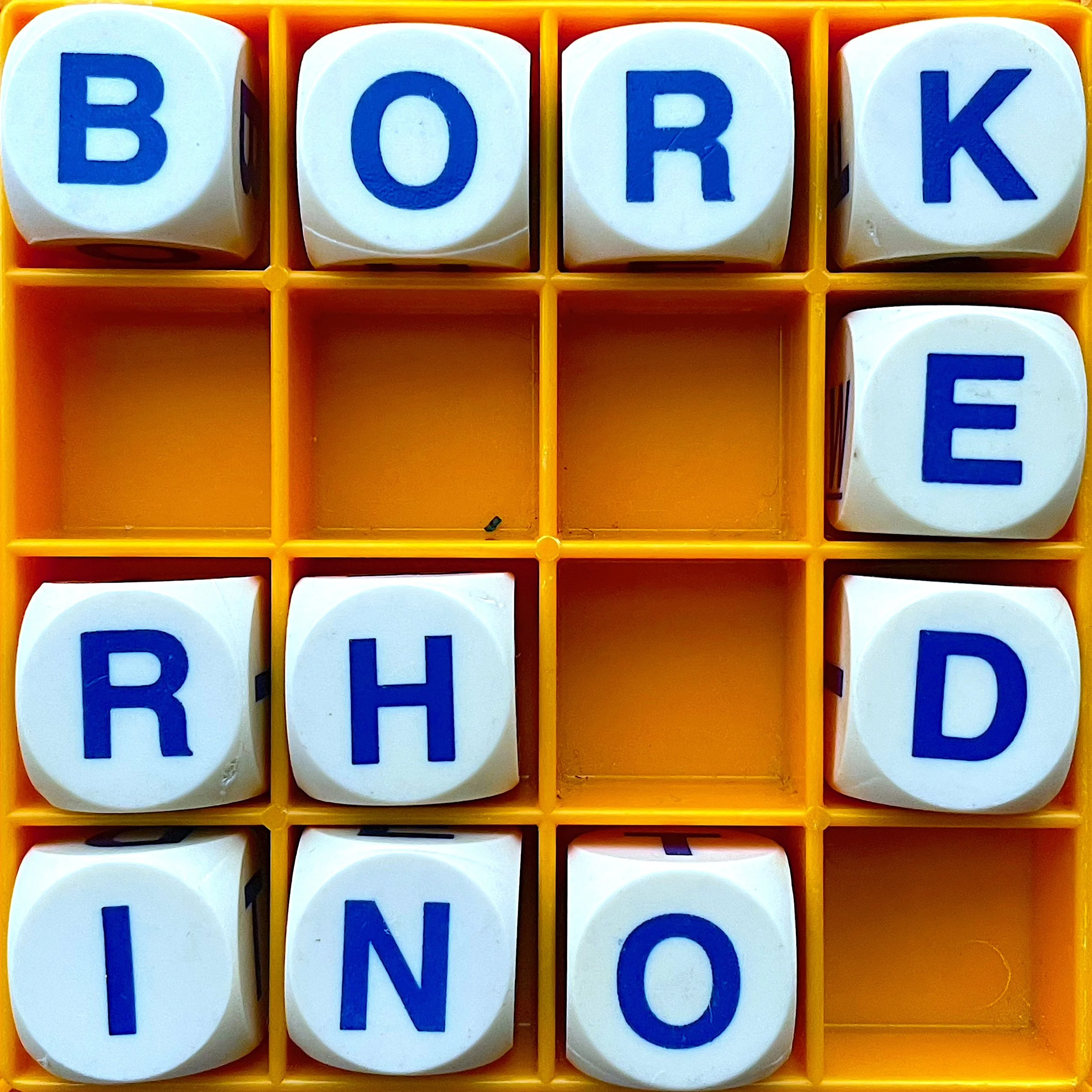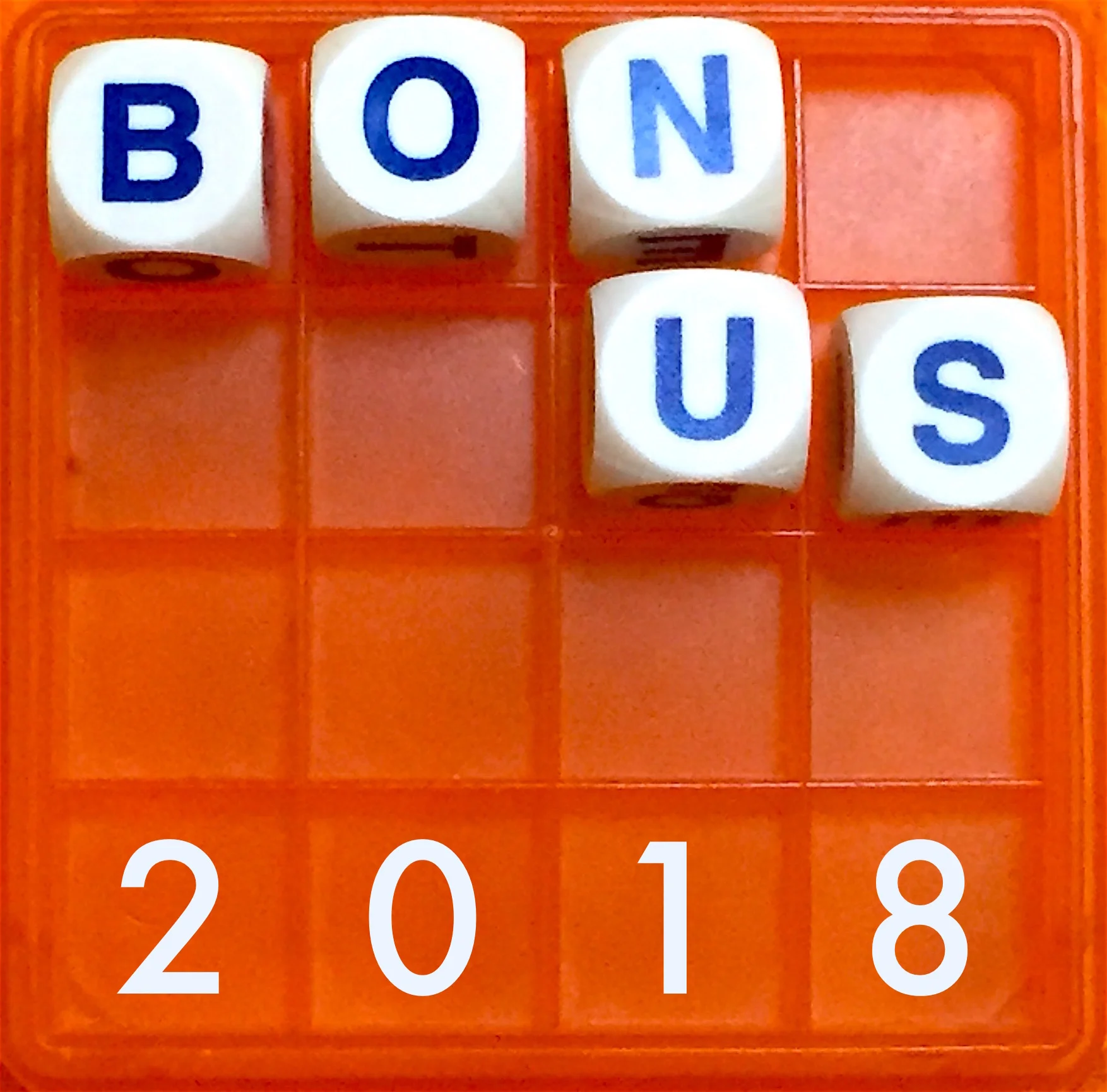SAM HELMICK: Censorship is a hammer looking for a nail, my friends. And someday, you will be that nail too, unless we all decide that we're going to unite against book bans today.
Read moreAllusionist 217. Bread and Roses, and Coffee transcript
I was really interested in what were the stakes of calling your restaurant feminist? What were you holding yourself accountable to? What were you trying to signal to potential customers? What were you trying to say to staff and so forth?
HZ: What were the consequences? Because there were a lot of like upsides and downsides to having 'feminist' in the restaurant's name.
ALEX KETCHUM: Yeah, for sure. Some of the upsides were that you were signalling to other likeminded folks or curious folks that this could be a space for them to gather. There was an indication of the politics of the space. So it was an indication of what kind of events you might find, speakers you might find, artwork and music you might see and hear in the space.
There were also ways that people might feel more invested in the space, that they might contribute time or money or energy, or be just interested in visiting. Calling it a feminist space oftentimes was also one of the many code words, during the 1970s and 1980s, to also signal lesbian space or questioning space; or a term we might use today, but would be anachronistic at the time, as kind of like a queer women's space. So, this was a way of marking like, "Hey, you might be welcome here, your sexual orientation might be accepted, you might hear a poet you're interested in hearing," and so forth. So, there were a lot of kind of benefits in building community and interest in the space by indicating the term.
And then the downsides could also be, you know, there's bias against the word 'feminism'. Some people would feel uncomfortable with it or push back on it. There was also a concern from many of the people who founded these spaces that they might be targeted for violence. They might get rocks through the windows and so forth. Generally, that wasn't the case with a few exceptions, but there was also kind of a heightened level of fear in choosing to mark your space so explicitly.
Allusionist 211. Four Letter Words: -gate transcript
The Watergate Scandal’s linguistic legacy: the suffix ‘-gate’
Read moreAllusionist 186 Ravels transcript
MIRIAM FELTON: No; I think, as with most of these things, they're just named after people. The people themselves don't really have much association with it. Like the Earl of Cardigan didn't ever wear a cardigan as far as we know.
HZ: What? What?? I assumed that he was out there on the battlefields in a cardigan.
MIRIAM FELTON: Like a nice fair isle one with all the stranded colour work? That would have been awesome.
HZ: Just some kind of frontally divided knitted garment. But no?
MIRIAM FELTON: No.
HZ: What?!
MIRIAM FELTON: Not as far as we have any evidence.
Allusionist 175 Eurovision part 2 transcript
DEAN VULETIC: There are lots of economic, cultural and political factors that can decide which language will be most represented in a country's entries, even when it has various national languages.
HZ: Azerbaijan: the only country never to have entered in its national language.
DEAN VULETIC: Correct.
HZ: Could be this year.
DEAN VULETIC: Errrr, I doubt it, because the Azerbaijani government has been very ambitious in Azerbaijan’s Eurovision entries, in using them as a tool of soft power and cultural diplomacy. It has spent a lot of money in getting well-known songwriters and composers from across Europe to produce pop hits that could really win Eurovision. And of course, this means hits in English. And once Azerbaijan did win Eurovision in 2011 and went on to host the most expensive Eurovision ever in Baku. So Eurovision is also popular among dictators as a tool of cultural diplomacy - or as a tool for whitewashing their human rights and democratic records.
Allusionist 174 Eurovision part 1 transcript
The Eurovision Song Contest has given us the international renown of Celine Dion, Måneskin, Dana International, Conchita Wurst and Riverdance; tear-off skirts, nul points, shiny shiny costumes, a band of babushke dancing around an onstage bread oven; not to mention fraught politics, within and between nations. And most importantly for our purposes: linguistic intrigue! So much linguistic intrigue.
Read moreAllusionist 163 Rhino Borked Guy transcript
"Better to elect a rhino than an ass.”
Read moreAllusionist 133 Cake Is Mightier Than The Sword transcript
JUAN PALACIOS: So as a funny, but actually as a political comment, a political statement, they start naming the pastries with these names. Who would they attack? The police; the army; the church: the structures of power that they were trying to take down. Hence the names. It's funny but it was more than that. It's a political statement.
MADI LANG: It really characterizes the people. Because I don't think they thought they were going to start a revolution. They were just being kind of disrespectful in a very open, normal way, like, what if instead of calling it pizza they called it "the fuck you"?
Allusionist 109. East West - transcript
ÉTIENNE ROEDER: There are some words that still exist. There are some expressions you could still tell that these people that the people come from the East or the West. For example, in the Western part, they say ‘Plastik’, and in the Eastern part, I would say they say ‘Plaste’ because there was a company in the East - there was actually just one company in the East that produced plastics and that was called Plaste und Elaste, and because of that, all the people would call plastics ‘Plaste’. And you you could still tell today if someone says ‘Plaste’ and instead of ‘Plastik’ that this person is probably from the Eastern part.
ESTHER-MIRIAM WAGNER: ‘Plastetüte’ - plastic bag. I mean I remember going to school with a plastic bag and being sent home because it was a West German bag. This was a very precious item - you would keep a ‘Plastetüte’ for months and you would reuse it and reuse it and reuse it until it was just tatters. That was a precious object.
MATTHIAS EINHOFF: My son, when he tries to identify if someone is coming from a West German or East German family, he asks them how they call the thing that you put your bathroom things in: East Germans say ‘Waschtasche’ and West Germans say ‘Kulturbeutel’. And that’s the ultimate identifier whether you come from a East or West German family.
Read moreAllusionist 100. The Hundredth - transcript
Today there’ll be a celebratory parade of language-related facts that you’ve learned from the Allusionist and I’ve learned from making the Allusionist, so some old facts, some new facts - well, the new facts aren’t recently invented facts, they are established facts, just making their Allusionist debut.
Read moreAllusionist 91. Bonus 2018 - transcript
Today’s episode is the annual bonus Allusionist, featuring outtakes from some of this year’s guests saying things that were not necessarily related to the topic of the original episode, or even related to language at all, but I thought, “Hmm! Interesting!” and filed them away until THIS MOMENT.
This is not a typical episode of the Allusionist, so if this is your first time here, welcome! And do try a few different episodes of the show to get a picture. This year there have been episodes about your names, and superhero names; about how swearing can be good for your health, and so can novels; about tattoos, and typing champions; about how the drive to survive sent the Welsh language across an ocean, and the Scots language to hide at home; and many more. Thanks so much for spending time with me over 2018.
Read moreAllusionist 77. Survival part 1: Second Home - transcript
It’s Friday night. I’m in a church hall in the small town of Gaiman in Argentina, about 1200km south of Buenos Aires, watching a concert in which locals are singing songs in Welsh. Three thoughts are rotating in my mind:
1. These people are REALLY good singers;
2. If I die here, people are going to think, “What on earth was she was doing in a church hall in a tiny town in rural Argentina?”
3. We are 12,000 km from Wales. The Welsh language is not widespread. Why are there people speaking Welsh in Argentina?
Allusionist 71. Triumph/Trumpet/Top/Fart - transcript
HZ: There are many examples of political eponyms, where a politician’s name has entered the lexicon.
PAUL ANTHONY JONES: Probably the most famous one is ‘silhouette’, which is Etienne de Silhouette, this you get in my fantastic French accent was it was a French finance minister who introduced really new terrible austerity measures out of the Seven Years War in France, mid 1700s. And so because these things were so austere, his name became attached to anything that was done inexpensively or cheaply. And because silhouette portraits are just colorless outlines rather than full color portraits, they became known as silhouettes, just because they were so popular at the same time that he was implementing these measures his name very negatively ended up being attached to them.
HZ: It's interesting because you'd never think to look at a silhouette that it was something negative. But something like a guillotine, that's a bit more obviously a diss.
PAUL ANTHONY JONES: Yes. Yeah. That was Joseph-Ignace Guillotin. He has this reputation, I think just because of his attachment to the word, of being a kind of Robespierre sort of character, really bloodthirsty, heads will roll type of character. And he was nothing of the sort: he was a physician; he opposed the death penalty; he was a member of the French National Assembly; an early proponent of vaccination. He's got all of these positives going for him; but because, as a member of the National Assembly he said that if capital punishment was going to be used, then it should be done in the most humane way possible, and that meant the quickest way possible. So he saw this idea for a mechanism of a falling angled blade, and decided that that would be the best way to do it, put the idea in front of the National Assembly, and it ended up having his name. The other thing is that at the time, the guillotine was also known as the 'louisette', because it was invented by someone called Antoine Louis; so at the time it was it was known by its maker's name, but it's Guillotin's name that's ended up being attached to it, and it's completely changed his reputation in history; I think a lot of people expect it to be a completely different character to who he was just because of his advocacy for this thing.
HZ: So it's unfortunate that for someone who was relatively kind and progressive, his relatively kind in progressive form of ending someone's life has tainted his overall remembrance.
PAUL ANTHONY JONES: Yeah, yeah; it's completely changed his reputation.
Allusionist 69. How the Dickens stole Christmas - transcript
GREG JENNER: ‘Dickensian’ is quite a tricky word, actually. I think we don’t always necessarily know what we mean when we say it. As a word it conjures up poverty, perhaps; a sense of squalor; a sense of people trapped in this brutal society where there is no safety net, no fall-back plan; where children and women can suddenly be cast into a life of poverty or crime or violence. But 'Dickensian' also should summon up some of the beautiful things as well, some of the wonderful things he harnesses. When we look at A Christmas Carol, the way he depicts the street scenes, singing to each other, the sense of community, the shop windows filled to the brim with delicious goods and treats to eat on Christmas day and toys, this is also a bountiful visual iconography. Dickens conjured up both quite alarming and also quite enrapturing, entrancing visions of what a city and a community could be. So 'Dickensian' tends to be quite negative, but it should apply to all the different worlds that Dickens created, and some of those were rather pleasant and lovely, and some of those were rather cruel and dark.
KATIE MINGLE: What's the deal with Christmas?
AVERY TRUFELMAN: Dickens?
KATIE MINGLE: Yeah.
HZ: Yeah! A lot of authors have written about Christmas, but don’t have festive fairs devoted to them. Why is Dickens the one who gets to be the adjective? Why is he given credit for Christmas?
GREG JENNER: Charles Dickens's Christmases are not brand new in 1843. You know one of the things people often say is Dickens invented Christmas, which is absolute nonsense, of course he didn't.
Read moreAllusionist 30: US Election Lexicon - transcript
I’m pretty sure the 2016 US election has been going on for seven years already, but apparently it’s still nowhere near over. So we’re going to go for a brisk walk-and-talk through the corridors of the dictionary to find out a little about some political vocabulary.
Read more

